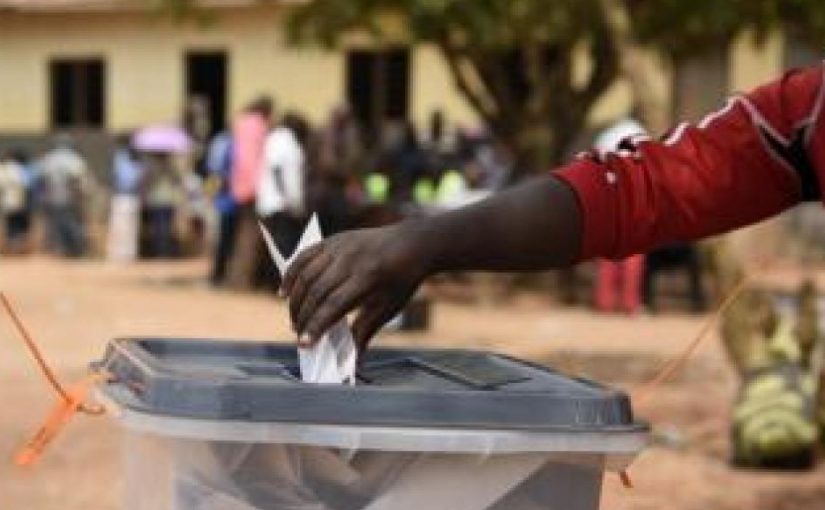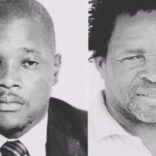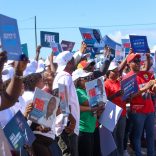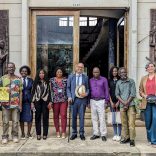Mozambique-Zambia: Ministerial Meeting of the Joint Permanent Commission on Defence and Security
It is necessary to correct “major irregularities” in the elections in Mozambique – Dhlakama

File photo
Just eight months before a new electoral cycle begins, the Renamo president has said that it is necessary to correct “major irregularities” in elections in Mozambique.
The president of the Mozambican National Resistance (Renamo), Afonso Dhlakama, said in an interview with Lusa on Thursday that it was necessary to correct “major irregularities” by the Technical Secretariat of the Electoral Administration (STAE), otherwise the process of peace in the country might be compromised.
“There are major irregularities that have to be addressed, because if they continue this way, the effort we are making for reconciliation may not result in anything for the people,” he said.
Dhlakama was speaking about the Nampula mayoral by-election held in January, with a second-round run-off between the Renamo and Mozambique Liberation Front (Frelimo) candidates expected.
He said that the flaws detected in the process reflected a national disease, namely Frelimo party representation in election management bodies.
Dhlakama’s comments come eight months before the start of a new electoral cycle, with the municipal elections scheduled for October 10, general elections taking place in 2019, and the electoral census expected to start in three weeks, on March 1st.
The Renamo leader advocates that the STAE be subordinated to the National Election Commission, rather than working alone.
“The problem is that we have two independent bodies,” and while Renamo is represented in the CNE, it only has access to STAE “at electoral time”.
The other members of the body “remain on their own for five years cooking up the fraud and all that”, which Dhlakama calls the “confusion” [confusão] visible in the Nampula election, namely flaws in the electoral rolls also criticised by civil society organisations.
The Renamo leader told Lusa that the party would demand that the STAE at all hierarchical levels (central, provincial, district and city) be a body of “technical elements receiving orders and subordinating themselves” to the CNE, so as to be able to “control the situation”.
Dhlakama complains that there were residents in Nampula who had “lost their cards” because they were the same as in 2014, “and people think that in each election a new card is needed” – but for this by-election there was no census.
“Many people no longer had voter cards,” he says, and, against what is provided for by law, they were not allowed to vote after identifying themselves with an identity card.
In other cases, there were “names changed on purpose” in the registers, in what Dhlakama classifies as a set of problems detected in neighbourhoods that usually support Renamo in particular.
“This is what happened in Nampula,” Dhlakama said, and this prevented the main opposition party from winning in the first round.
He wants to see the registers corrected for the second round of voting, whose date is yet to be announced, and for Renamo to take an active role in overseeing the next electoral census.













Leave a Reply
Be the First to Comment!
You must be logged in to post a comment.
You must be logged in to post a comment.